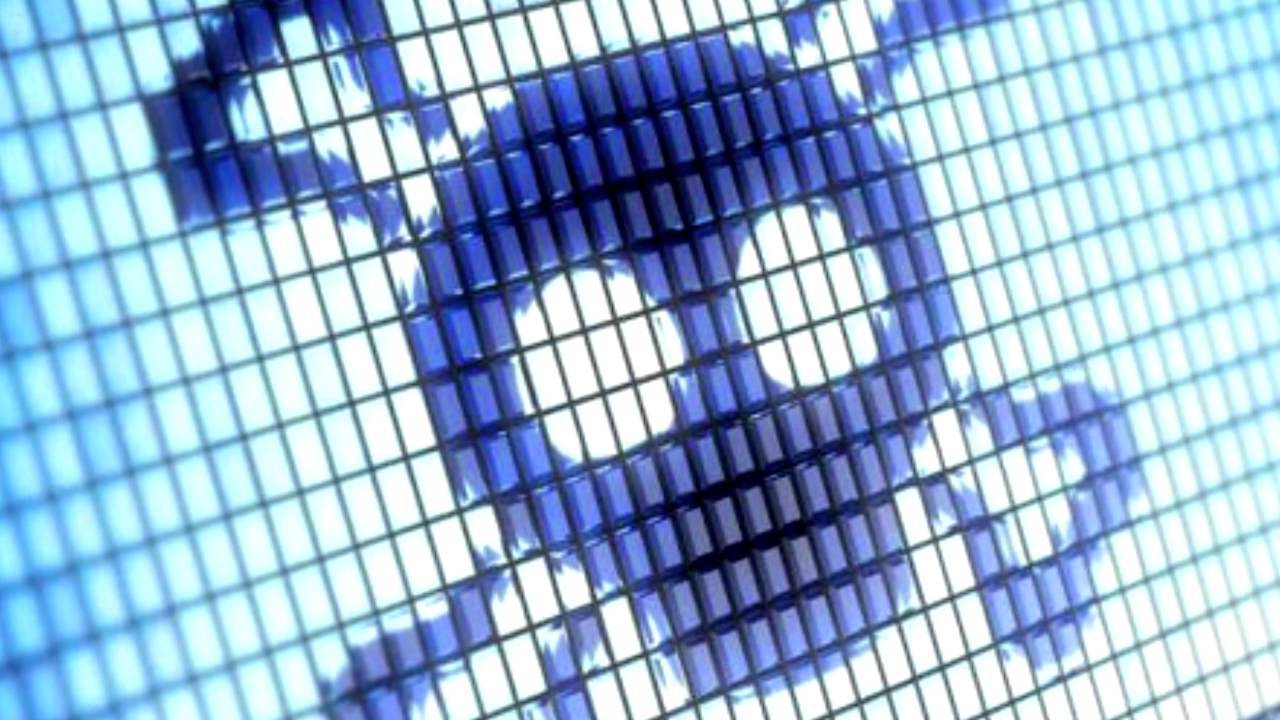Email security is basically a joke these days. Just ask John Podesta. As we use our email addresses to log in to various services around the web, it’s vitally important to have maximum protection. Today we’re bringing you five tips to make your email accounts more secure.
Password
The key of every email account: the password. The more complex it is, the more difficult it will be to access. When security companies conduct annual studies, the statistics never lie: the most common password of users is “123456.” Don’t fall into this trap. Use capital and lowercase letters combined with numbers. A long password is harder to crack than a short one. Also, avoid using your birth date in a password.
Don’t put your email just anywhere
The second tip is as simple as not putting your personal email on social networks, forums or websites. Only give it to trustworthy people or those you would like to get in touch with. Remember that as more people know your email, the possibility of somebody trying to access it to rob you increases.
Disable HTML reading
This is a tip from security experts: if you’re not going to use HTML reading, the best thing is to disable it or avoid it. This format can be used in a harmful way to introduce malware into our email account. Once there, if we click on a wrong link… our PC will also get infected.

Beware of anything strange
Always look carefully at who the email sender is. In general, phishing and malware pages are known for imitating official sites. You may think it’s a bank, your insurance company, or a provider you trust, so you click the link… and surprise, it’s all fake.
Check each and every word of the email carefully. Likewise, keep an eye out if they request personal info, since it’s usually a telltale sign of deceptive senders.
…and files
If you’re careful with who the email sender is, it’s even more important to pay attention to all the attachments in an email. Attachments are usually the easiest way to deliver harmful files used to infect your system. For this reason, our advice is not to download anything unless you’re absolutely sure there’s no risk. Remember that you can also use an antivirus program on any downloaded file before opening it. Trust your gut and be a little paranoid. It’s hard to turn back time when you’ve blown a hole in your computer security.


